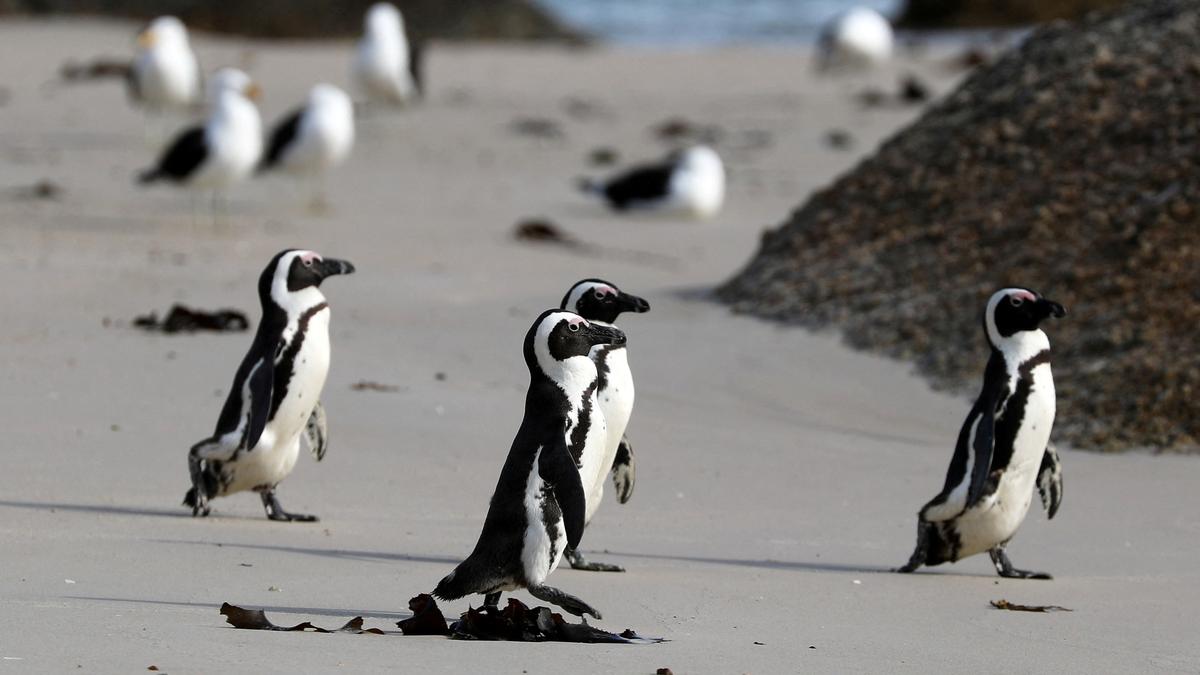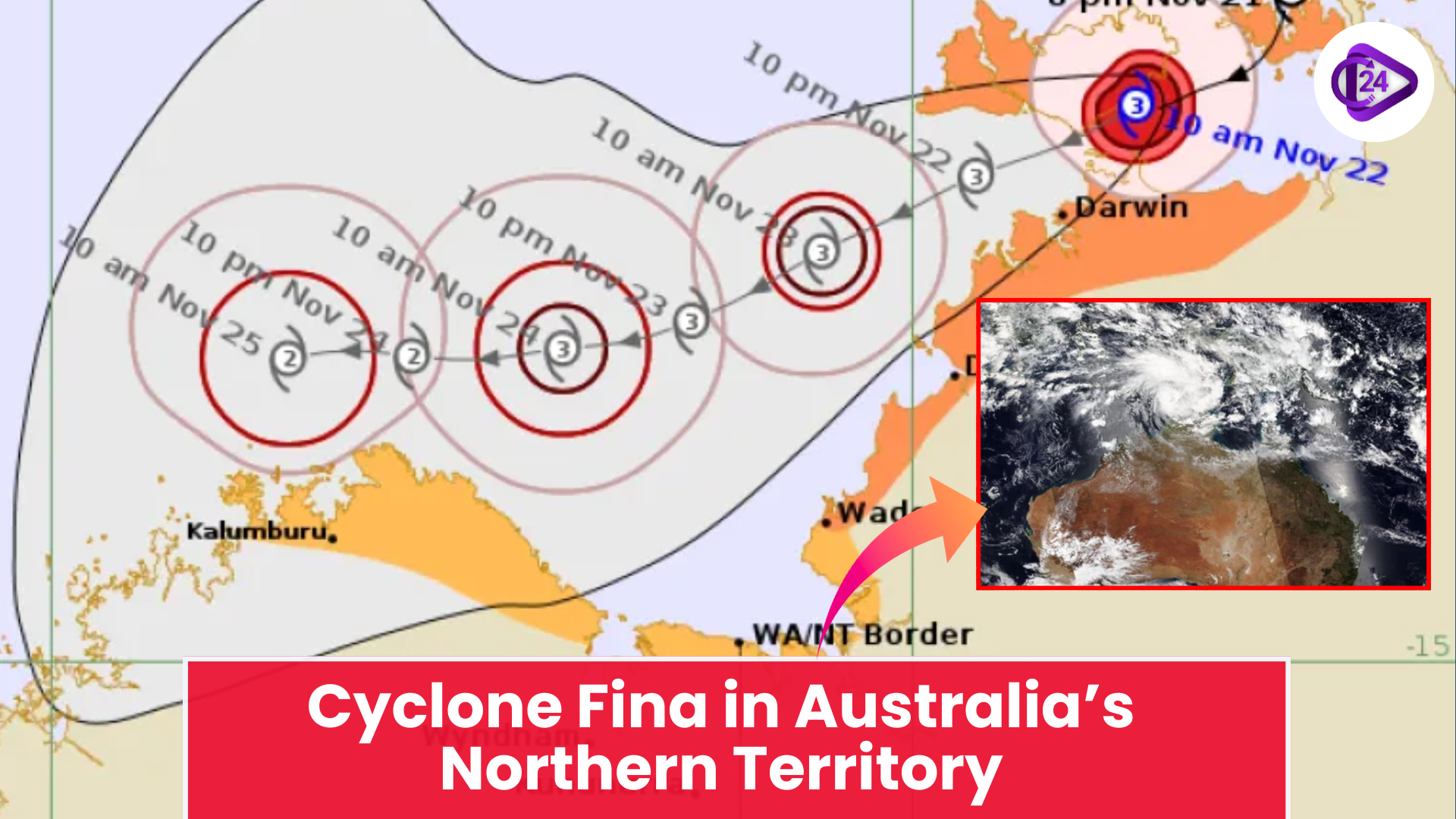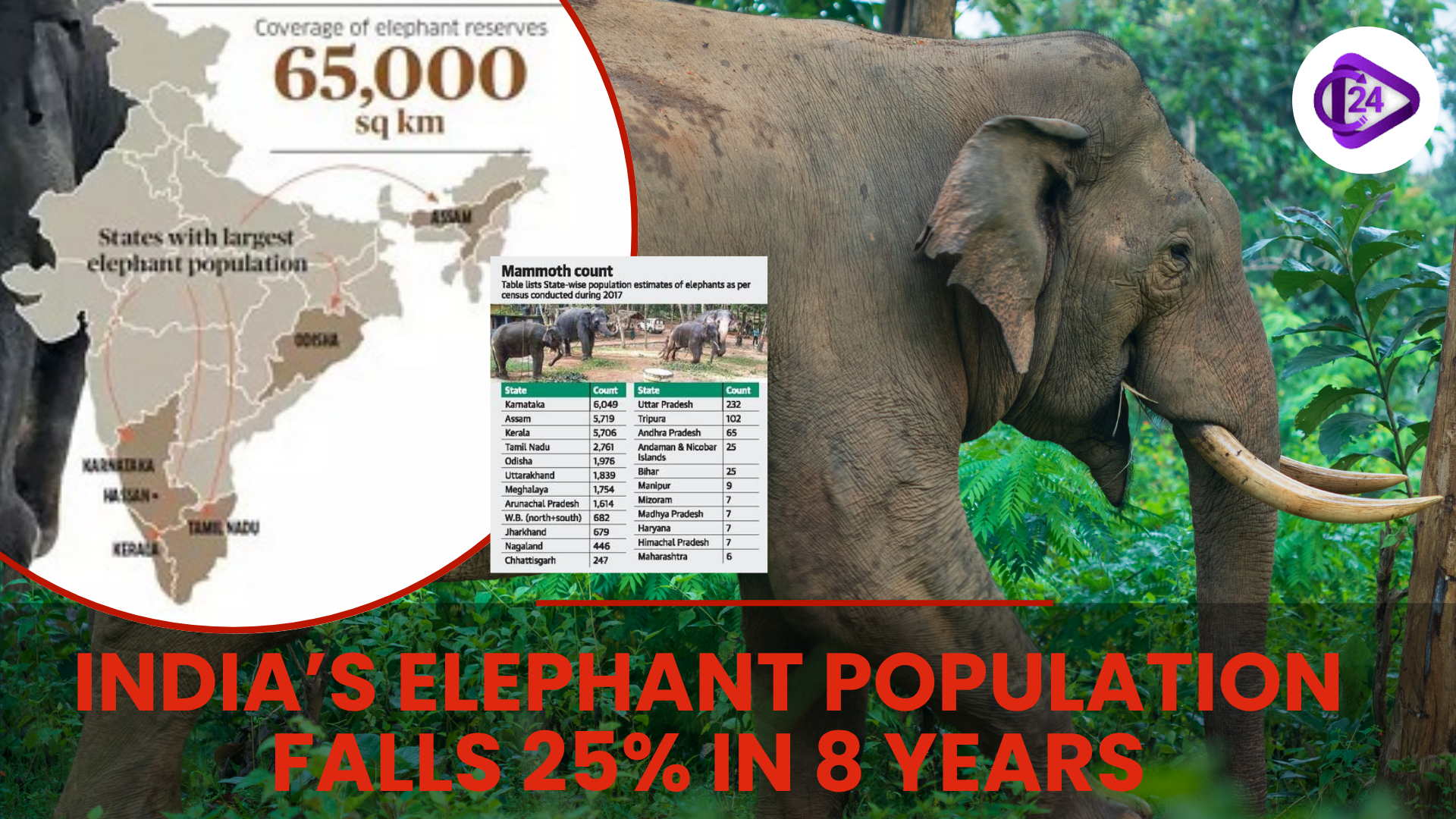
Namibia's and South Africa's coastal bird species, the African penguin (Spheniscus demersus), have been declared critically endangered by the IUCN. With fewer than 20,000 individuals left, their population faces severe threats from habitat loss, overfishing, and climate change. These iconic seabirds play a crucial role in their ecosystem, making their protection essential. Conservation efforts like habitat restoration and stricter fishing regulations are urgently needed. Without action, the African penguin risks extinction, a devastating loss for global biodiversity.
Understanding the Crisis:
Although they are not as large as the Emperor penguin, African penguins are also scientifically known as jackass penguins because of the donkey like calls they produce. Over the past two centuries, their numbers have declined drastically, driven by several factors:
Predation: Other animals such as the Cape fur seal and kelp gull are also threats to the animals given that its population is already endangered.
Climate Change: Warming of the ocean has affected species distribution and abundance, meaning that food species such as sardines and anchovies, which constitute major meals for penguins have become scarce.
Human Activities: As if this was not enough, over fishing, habitat loss, and oil pollution have added pressure on their existence.
Distinct Characteristics and Habitat:
This is seasonally29 African penguins have naked facial patches of stark pink skin covering the regions round the eyes and these parts act as thermoregulatory organs. These birds strictly prefer all forms of polyandry and are endemic to Namibia and South African coastline where they nest on Islands and cliff ledges mainly.
Protection and Conservation Efforts:
As a result, the African penguins have been placed under protection by the South African Sea Birds and Seals Protection Act of 1973 and under the Marine Threatened or Protected Species Regulations of 2017. These measures mean that it is unlawful to hunt, capture or kill penguins, collect eggs, or in any other ways harm these birds or their natural environment. Conservation programs also embrace treatment of injured penguins, rebuilding the breeding grounds as well as banning fishing in their feeding areas.
Global Context:
The African penguins are the members of a group of 17 to 19 penguins which are arranged according to their sizes, from the blue penguins of New Zealand, to the emperor penguins, the Antarctic giants. They represent other seabirds in the world facing dangers resulting from global warming and exploitation by human beings.
Relevance for Exams:
This issue is relevant for General Studies Paper III (UPSC), more specifically under environment and biodiversity and for the Environment Section (SSC). It can be connected with the effects of climate change, measures for conservation, and programs of world’s biological diversity protection. The candidates must learn more about the general impact of such crises on marine life and global conservatism.



 Supriya Sahu Wins UNEP Champions of the Earth 2025
Supriya Sahu Wins UNEP Champions of the Earth 2025 World Soil Day 2025: Celebrating “Healthy Soils for Healthy Cities”
World Soil Day 2025: Celebrating “Healthy Soils for Healthy Cities” New Seismic Zonation Map of India
New Seismic Zonation Map of India Cyclone Fina Hits Northern Australia With Destructive Force
Cyclone Fina Hits Northern Australia With Destructive Force Tiger Returns to Gujarat After 32 Years | Historic Wildlife Comeback 2025
Tiger Returns to Gujarat After 32 Years | Historic Wildlife Comeback 2025 Namdapha Butterfly Festival Showcases the Wild Heart of Arunachal Pradesh
Namdapha Butterfly Festival Showcases the Wild Heart of Arunachal Pradesh Gogabeel Lake Achieves Ramsar Status for Biodiversity and Conservation
Gogabeel Lake Achieves Ramsar Status for Biodiversity and Conservation Cyclone Montha Makes Landfall Near Kakinada, Bringing Destruction to Andhra and Odisha
Cyclone Montha Makes Landfall Near Kakinada, Bringing Destruction to Andhra and Odisha India Conducts First-Ever DNA-Based Elephant Census, Reveals Population Decline by 25%
India Conducts First-Ever DNA-Based Elephant Census, Reveals Population Decline by 25% Maharashtra Gets India’s First Cooperative CBG Plant | 12 Tonnes Biogas Daily Production
Maharashtra Gets India’s First Cooperative CBG Plant | 12 Tonnes Biogas Daily Production






